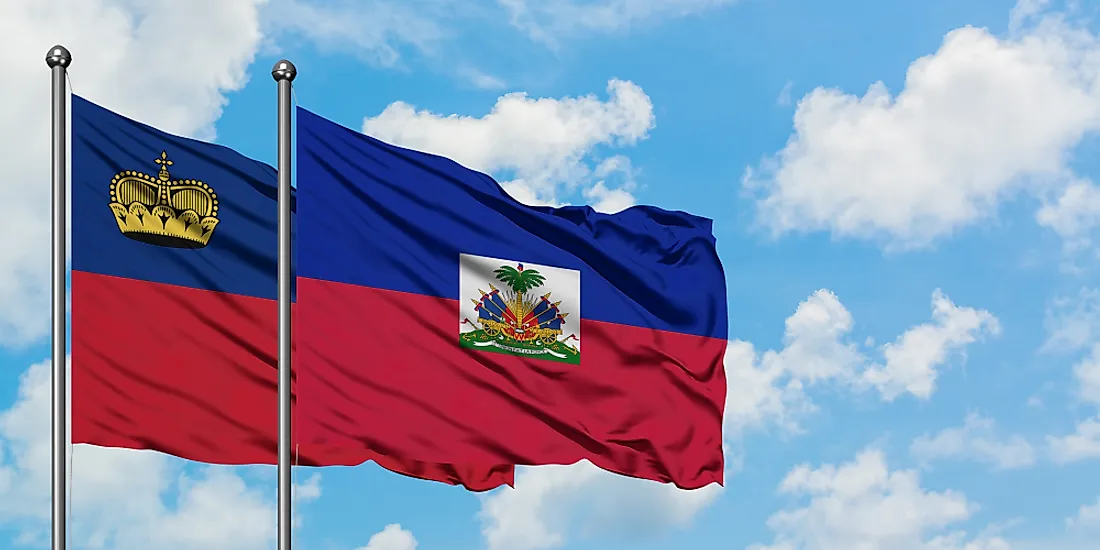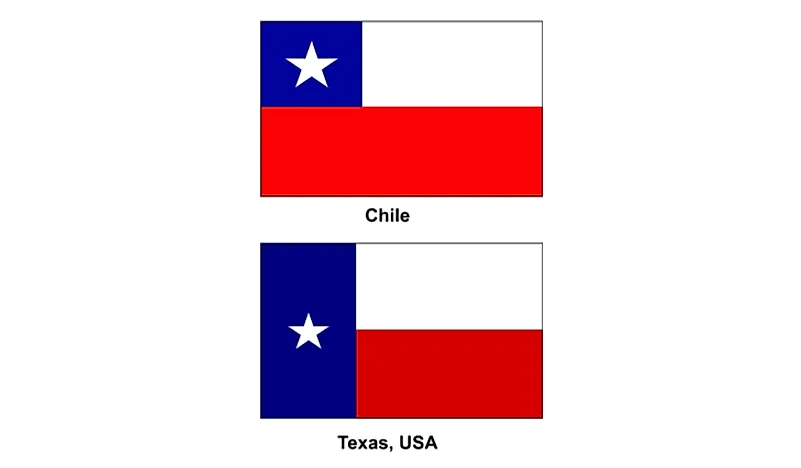Niue is a bilingual nation with English and Niuean as the country's official languages. Niuean descended from the Austronesian family of languages and is now considered a Polynesian language, specifically from the Malay-Polynesian family. The Niuean language is closely related to Tongan, another Polynesian dialect, and is also related (albeit less closely) to Hawaiian, Maori, and Samoan.
46% of the population of Niue speaks the language and an additional 32% of the population combine English with Niuean on a daily basis. The language is also spoken in the Cook Islands, New Zealand, and Tonga. Niuean is one of the few languages that have more speakers outside the country of origin that in the nation in which it originated. For example, in the early 1990s, approximately 70% of Niuean speakers lived in New Zealand. Today, there are around 8,000 speakers of the language and almost 6,000 live outside of Niue.
Niuean is pronounced and written similarly to many of the languages in Polynesia. Hello is pronounced as "fak-aa-lo-fa a-tu", with the double a coming across as an "ah" like sound. Thank-you is Niuean is pronounced "fa-kau-e la-he" and good evening is said as "mo-nui-na-e a-fi-a-fi". Colloquial phrases that are common in New Zealand and Australia can also be understood by the majority of locals due to the influence these neighbouring countries have on the media and popular culture of Niue.
Minority languages in the country include other Polynesian dialects such as Samoan and Tongan, both of which have heavily influenced Niuean. English, although an official language, is spoken by around 11% of the population as most inhabitants will combine Niuean with local English in order to communicate. Niueans and part-Niueans make up 80% of the population and although the number of speakers is relatively small, the Niuean language is still considered a living one.
This page was last modified on May 1st, 2018
More on Graphicmaps

Published on 2019-11-06
What is a Trade Embargo?

Published on 2019-11-04
Which Two Countries Used to Have the Same Flag?

Published on 2019-09-16
What Is the Only Two-Sided State Flag?

Published on 2019-09-16
Which Country Flag Looks Like the Texas Flag?

Published on 2019-08-29
Flags That Resemble the US Flag

Published on 2019-08-20
